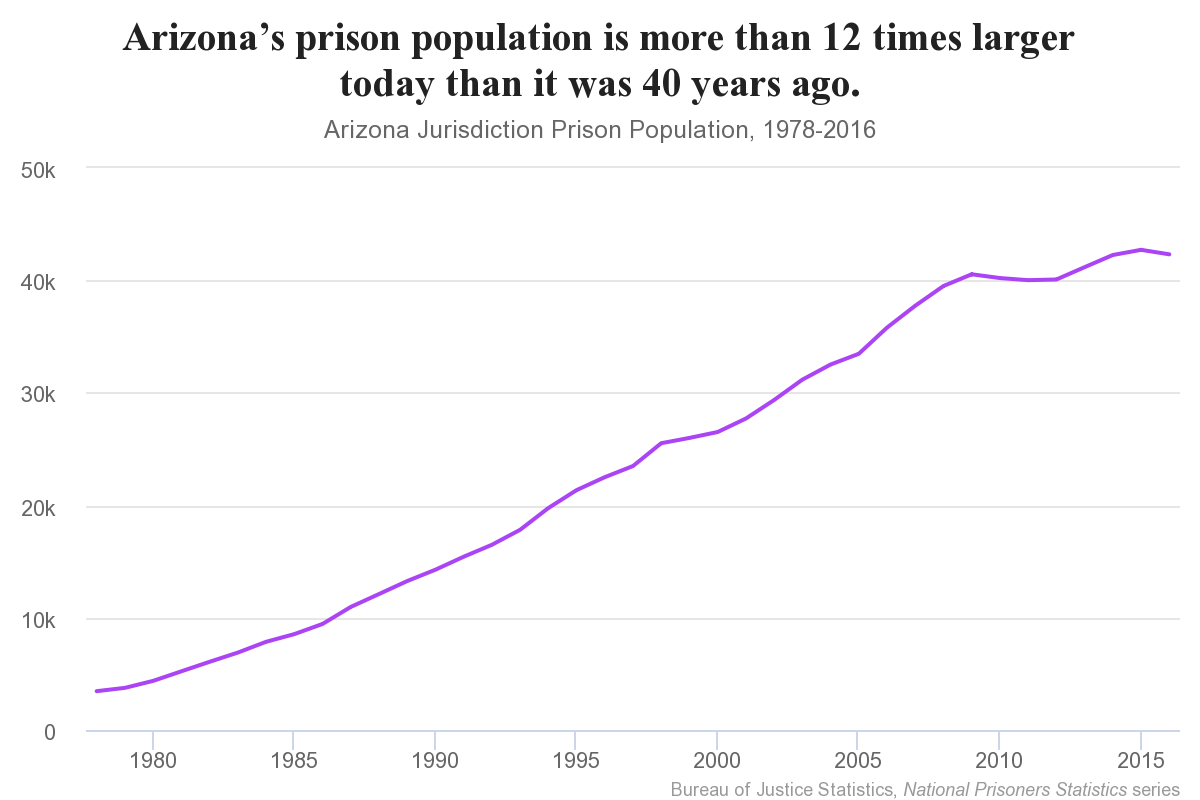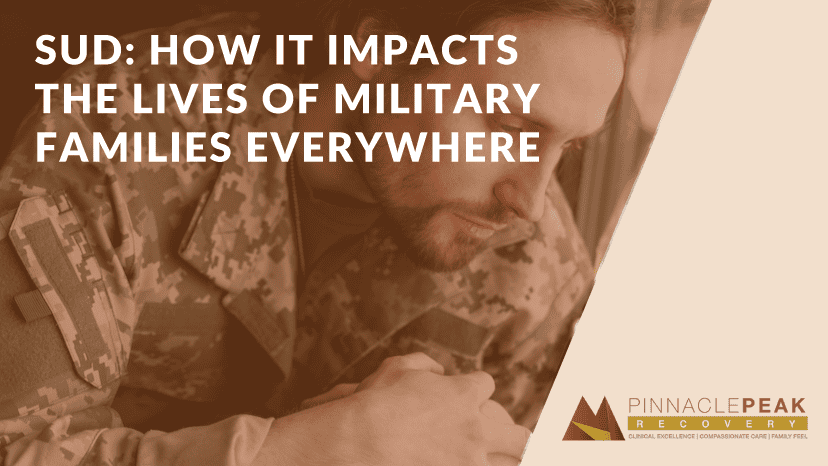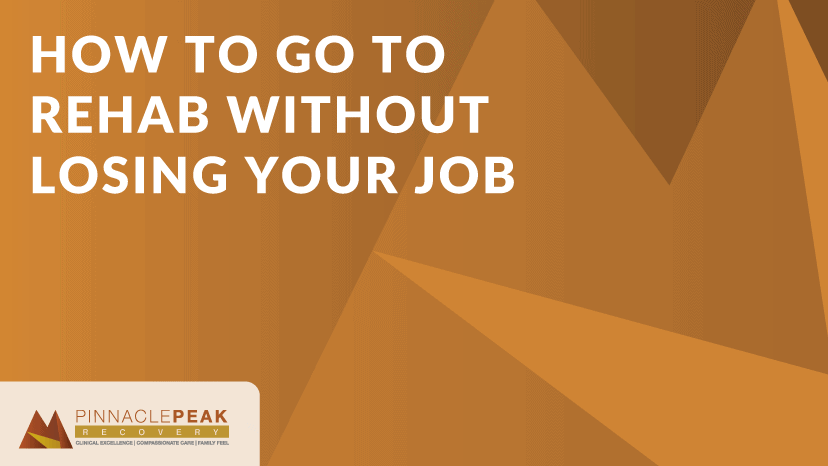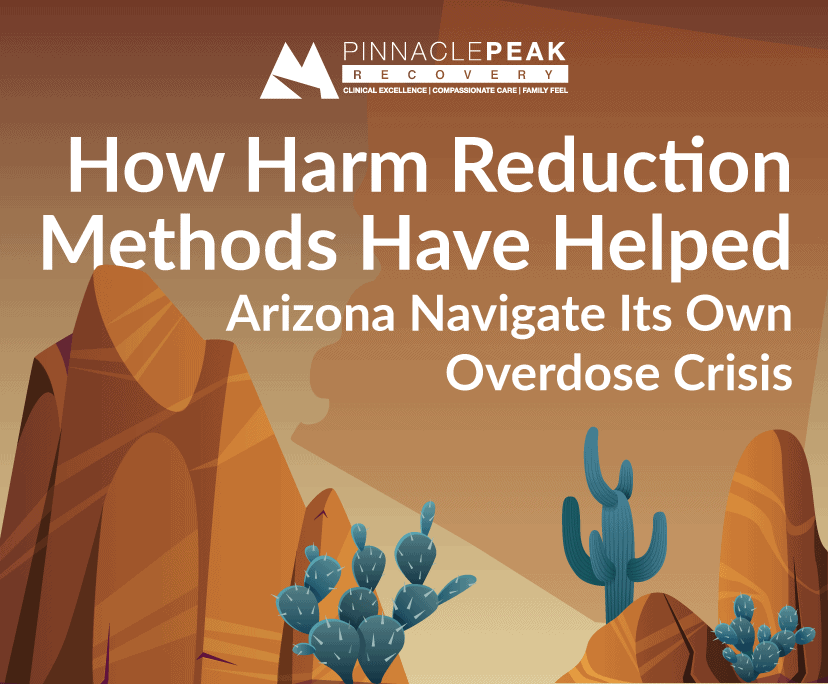Volunteering… Is it Really Better to Give Than Receive?

They say that “it is better to give than to receive.” There are many benefits to volunteering and giving your time to others. One most people don’t think about is the benefits to your mental health!
Being in addiction treatment is hard. Our clients are changing their lives, and it can be a daunting experience. As they grow in their sobriety, there may be feelings of guilt about what they’ve done in the past. Self-discovery and inner-reflection can bring about intense feelings, and they may even feel depression or anxiety about returning to the “real world” once rehab is over.
At Pinnacle Peak Recovery, in Arizona, we take our clients once a week to volunteer. Giving our clients the opportunity to volunteer at local food pantries not only helps the community but it also helps them. They build stronger connections with their peers, they are given a purpose, and they get to do some good. Volunteering is an amazing opportunity to help them achieve lasting recovery by helping to improve their mental health. How does volunteering help our clients?
Volunteering Provides Purpose and Social Connection
Getting out, doing good, and helping others in the community is one way to help combat these feelings. For successful recovery, people have to give up their old ways of living for more healthy ways. This often means giving up toxic relationships, and old friends that are still using. Cutting those old friends (and sometimes family members) out of their lives can bring on feelings of isolation and social disconnect.
Volunteering has a direct way of putting you back into a community. Our clients are surrounded by others that are making positive impacts in the community and are directly helping those in need and valuable causes. This is a valuable social connection that keeps our clients from feelings of isolation and the despair it can cause. There’s evidence that social interaction may keep a person from relapsing, as well.
Not only is it a chance at social connection, but with shared interests, a person is likely to make new friends. Participating in a healthy, productive activity like volunteering can lead to lasting relationships that don’t involve drug or alcohol use. Having friends that don’t use is essential to maintaining sobriety.
It also provides our clients with a sense of purpose. While a person may start using because of a lack of purpose and meaning in their lives, the addiction itself can quickly become their new purpose. Their entire lives are wrapped up in that addiction and they are constantly chasing that next high, hit, or drink. Once in treatment and later in recovery, they must find a new healthier purpose and new meaning in life.
Volunteering gives a person a new sense of purpose, and that is very important for someone in recovery. Often times it is a lack of purpose that drove a person to start using in the first place. Volunteering is a much healthier way for people to regain purpose. Not only are they helping themselves, but they are also helping those in need and their communities!
Giving Makes You Feel Good
Have you ever done something small for someone, say holding a door or picking up dropped item, and been gifted with a “Thank You” and a smile? That warm feeling you get in return stays with you for a while. It’s amazing how seemingly insignificant actions can make you feel so good.
Humans are hard-wired to help people. In fact, according to Psychology Today,
“We feel so good when we give because we get what researchers call a “helper’s high,” or a distinct physical sensation associated with helping. About half of the participants in one study report that they feel stronger and more energetic after helping others; many also reported feeling calmer and less depressed, with increased feelings of self-worth.”
And because of this natural release of endorphins, people experience less stress, anxiety, anger, and depression. This can lead to an overall healthier person by lowering blood pressure, lowering cholesterol, and few aches and pains.
Helping others and being happy also contributes to a person’s self-esteem, self-worth, and confidence. Improving those thought patterns can be challenging, especially for our clients in rehab. Talking through it in groups and individual therapy can help, but by allowing our clients to volunteer, they can be proactive in improving their own self worth by helping others.
This is a natural sense of accomplishment that can give a person a new sense of pride. They did the work, they accomplished something positive on their own, they are improving their own identity. And the better our clients feel about themselves, the more likely they are to have a positive view of their life and future goals. This sense of accomplishment is invaluable to a lasting recovery.
Volunteering Can Help Jumpstart New Job Opportunities
It is well documented that the prison population in the United States is strongly connected to drug-related offenses. According to the National Institute of on Drug Abuse,
“Some research shows that an estimated 65% percent of the United States prison population has an active SUD. Another 20% percent did not meet the official criteria for an SUD, but were under the influence of drugs or alcohol at the time of their crime”.
During the last 40 years in Arizona, the prison population has skyrocketed. While the rest of the United States has quadrupled its rates of incarceration, Arizona’s incarceration rates have grown by a multiple of 12!

Eight of the top ten reasons people were incarcerated were due to non-violent crimes. The number one being drug possession, which went from 1,414 offenses in 2000 to 3,418 offenses in 2017.
So it is no surprise that many people in recovery have some sort of criminal record. This can make it very hard on our clients that are trying to make it in the “real world”. Many people that are dealing with a substance use issue find it harder to seek gainful employment. As many as 50% of people that have received a felony drug conviction are less likely to get a callback or an interview.
This makes it even harder for clients that have little to no job experience, lack the social abilities to work in a team, and have a spotty work history. Volunteering can give them a good start to building a new resume and soft skills like communication.
Through volunteering, they learn about working together in groups, how to communicate, problem-solving, task management, and organization. Volunteering can then be a good jumping point to develop the strongest resume a person can before facing the “real world” problems of finding a job after recovery.
These skills can carry over into helping them adjust to life in general. Being able to communicate effectively with friends and family. Working together as a family to achieve common goals. Even problem solving within their everyday life so they don’t get frustrated by small failures.
Volunteering Really Makes a Difference
At Pinnacle Peak Recovery, we believe in a holistic recovery. This is mind, body, and spirit and we’ve found that opportunities to volunteer at local Arizona food pantries helps in this recovery.
The discover the joy in helping others and are able to improve their own mental health while gaining valuable real-world skills… All at the same time!
For more information on addiction recovery or to reach out for help call at 866-377-4761.



